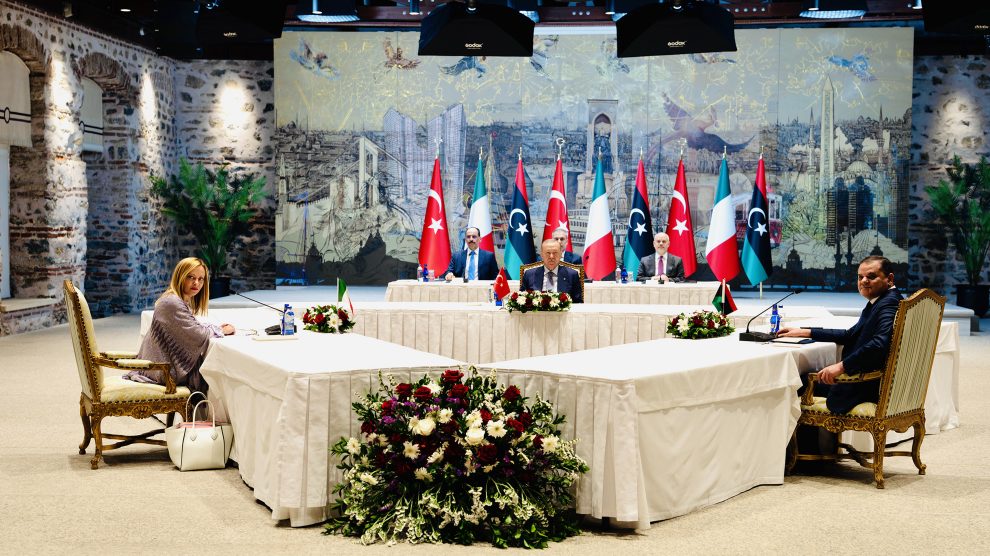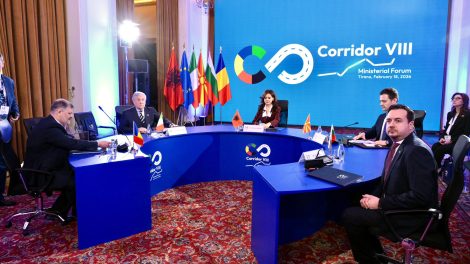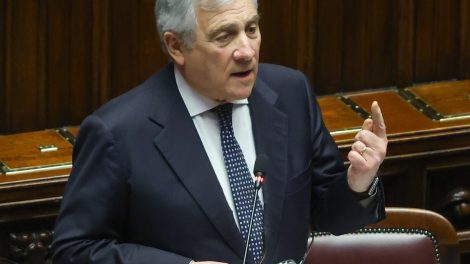Decoding the news. The Italy–Turkey strategic partnership spans multiple sectors, including economic cooperation, defence, and security. It is underpinned by shared NATO membership and bolstered by recent bilateral industrial agreements, especially in the military domain.
- As emerged in today’s meeting, cooperation is one of the primary areas of joint engagement to stabilise Libya. Both countries are invested in fostering a unified and inclusive government to bring an end to the cycle of instability and conflict that has plagued the country since the fall of Muammar Gaddafi.
Focus on migration. For Italy, Libya also plays a central role in the migration dossier — an issue that has regained political urgency with the seasonal surge in arrivals. Meloni’s lightning visit to Tunisia just yesterday underscored this concern.
- Turkey holds considerable sway in Tripoli and is forging a new relationship with its former rival, Khalifa Haftar. Haftar exerts control over eastern Libya (Cyrenaica) through his militia and network of interests.
- A significant portion of migrant departures originates from this region. Italy has already voiced suspicions that these flows might be manipulated as leverage by Russia — a long-time supporter of Haftar — which is reportedly using some of his military bases as logistical outposts in Africa.
- Italian Defence Minister Guido Crosetto has, in recent months, characterised migratory flows as a form of hybrid warfare against both Europe and Italy.
Beyond the priorities. According to government sources, Turkey represents Italy’s “crucial partner” in a geopolitical phase marked by volatility and uncertainty.
- The reasons are manifold and go beyond Ankara’s role in curbing migration routes. Turkey’s economic weight — evidenced by the recent agreement on drone production with Rome — is one key factor.
- So is its contribution to stability in Syria and, more broadly, to the security of the entire Mediterranean region, which Italian government sources define as an “absolute priority.”
- Constant dialogue with Turkey is also essential for facilitating engagement with Central Asia and Ankara’s influence in the Balkans.
- Moreover, for Rome, maintaining open channels with Ankara is essential in the context of the ongoing conflict between Israel and Hamas.
- Meloni held a phone conversation on Wednesday with Israeli Prime Minister Benjamin Netanyahu, during which she described the situation in Gaza as “unsustainable and unjustifiable.”
What we’re watching. Today, during the two-hour-long meeting at Dolmabahce Palace, the three leaders agreed to launch immediate technical-level work to define concrete, joint actions within a transparent and time-bound framework, signalling a step toward a more structured and coordinated Mediterranean approach to migration and regional security.
- Meloni highlighted the positive results of Italy’s migration cooperation with Turkey and stressed the need to apply similar lessons to support Libya’s ability to manage its borders.
- Discussions centred on cracking down on international human trafficking networks, improving early prevention of irregular movements, and bolstering Tripoli’s capacity to withstand mounting migration pressure across the Central Mediterranean.





